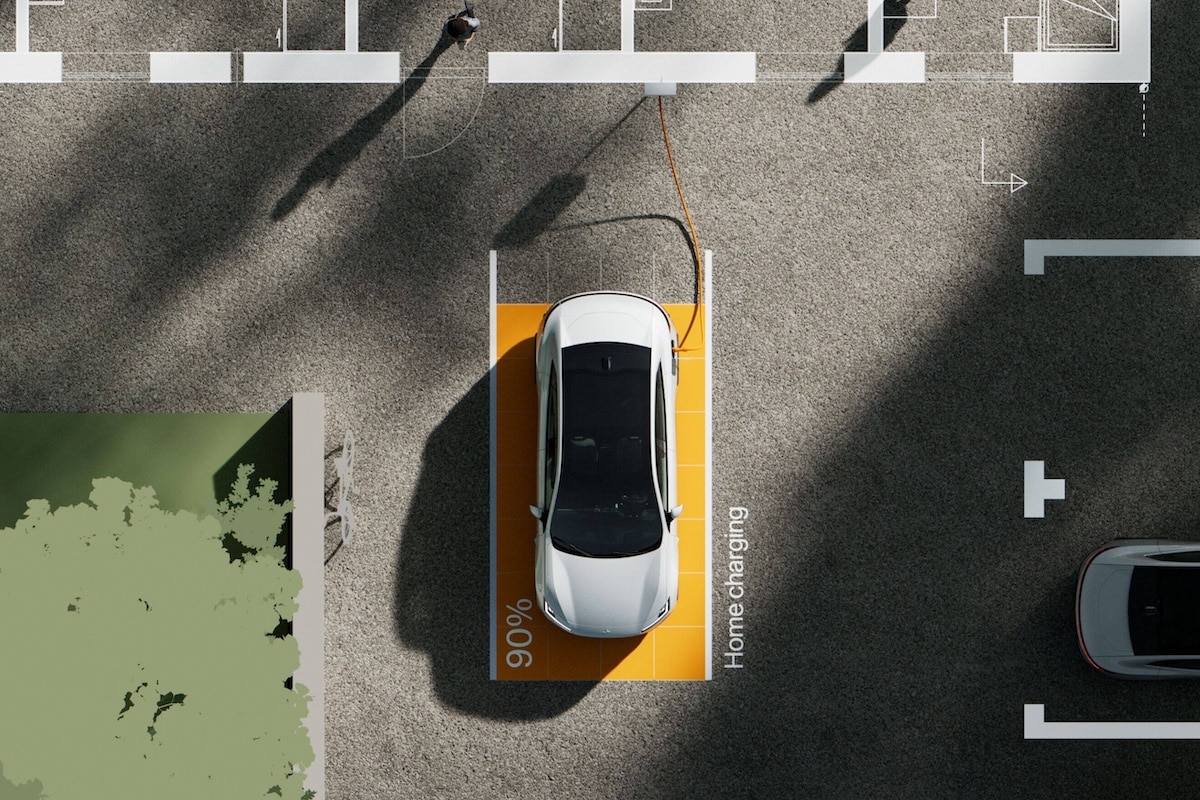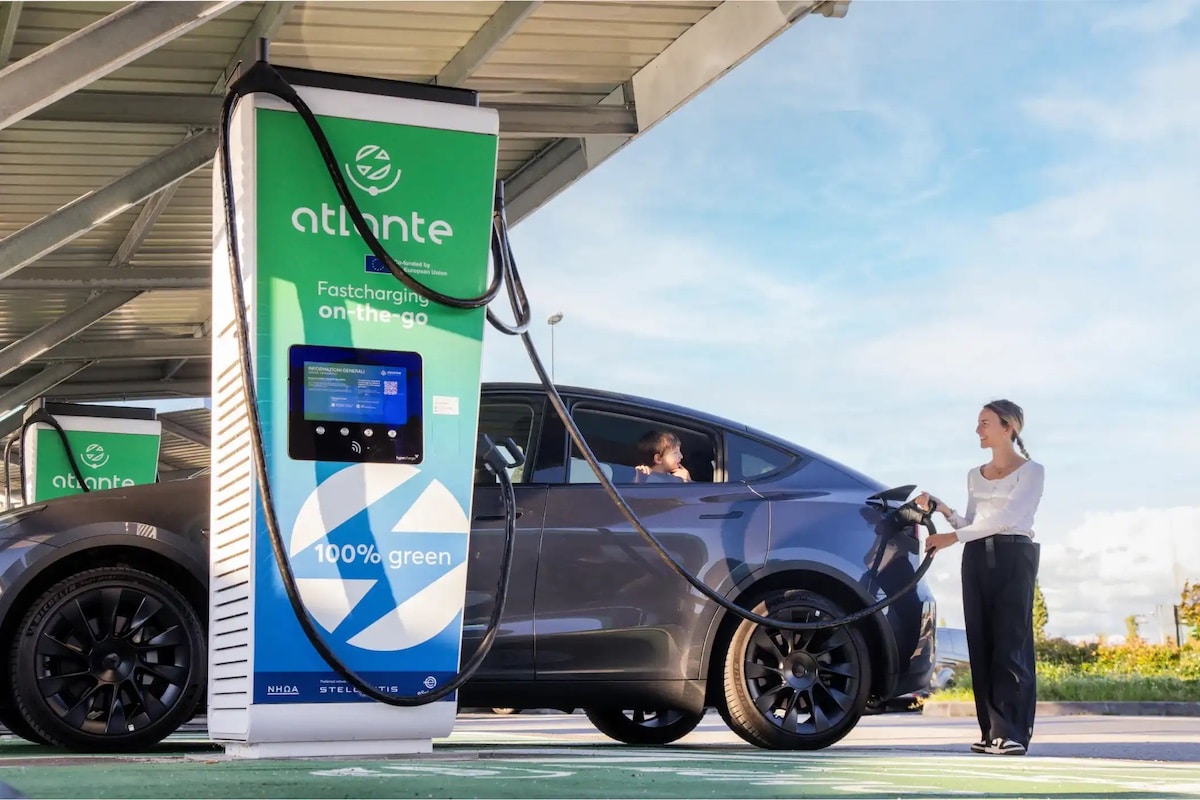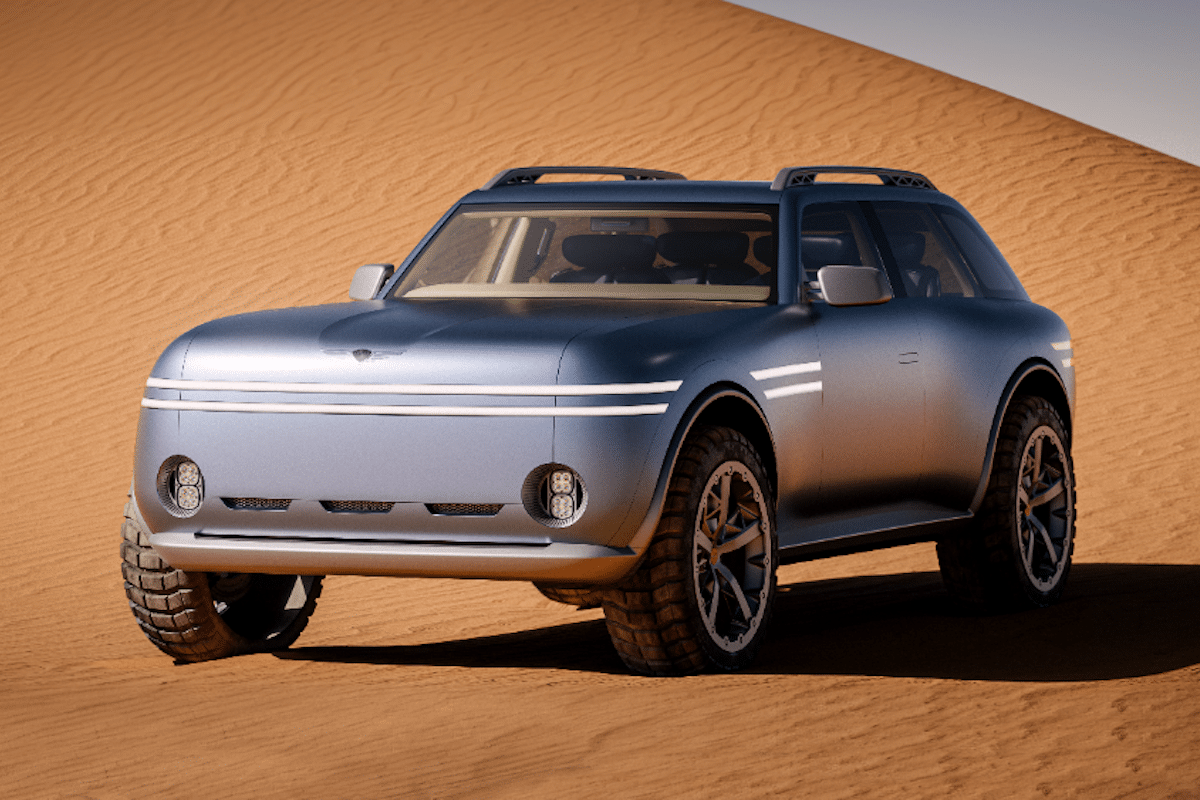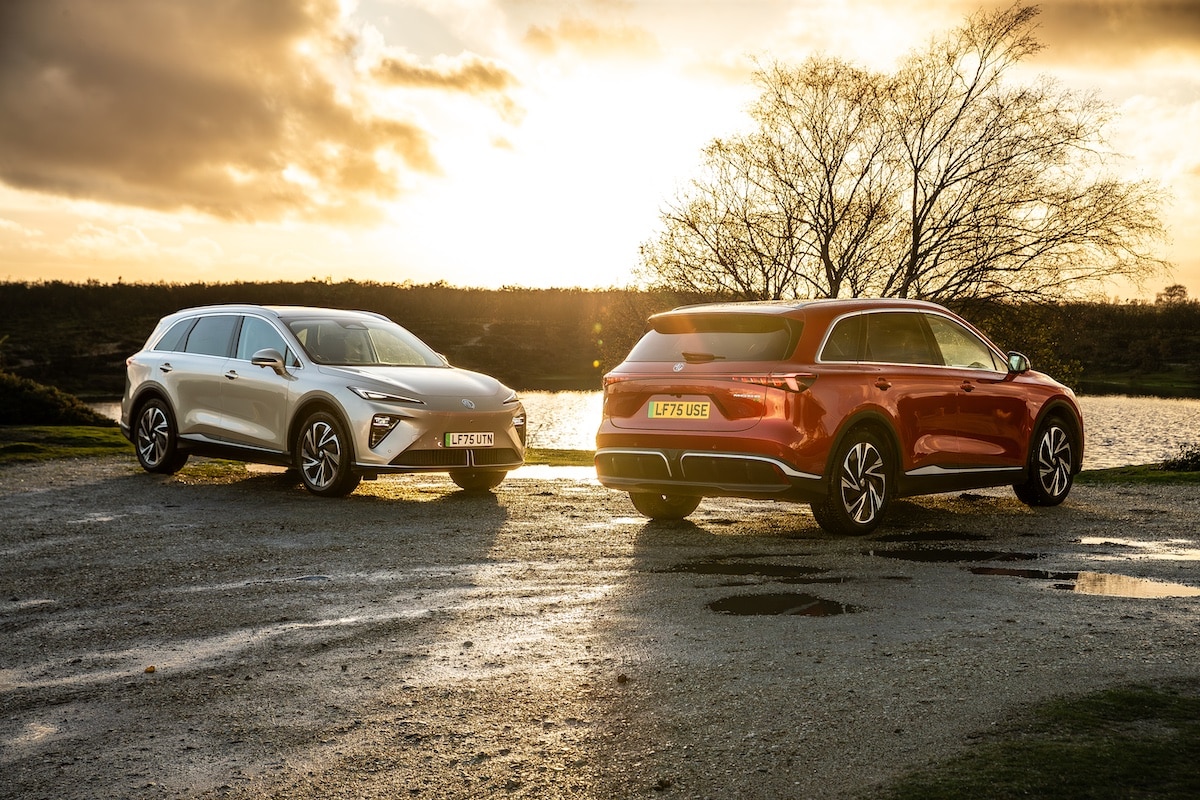Trump and Biden clash over electric vehicles
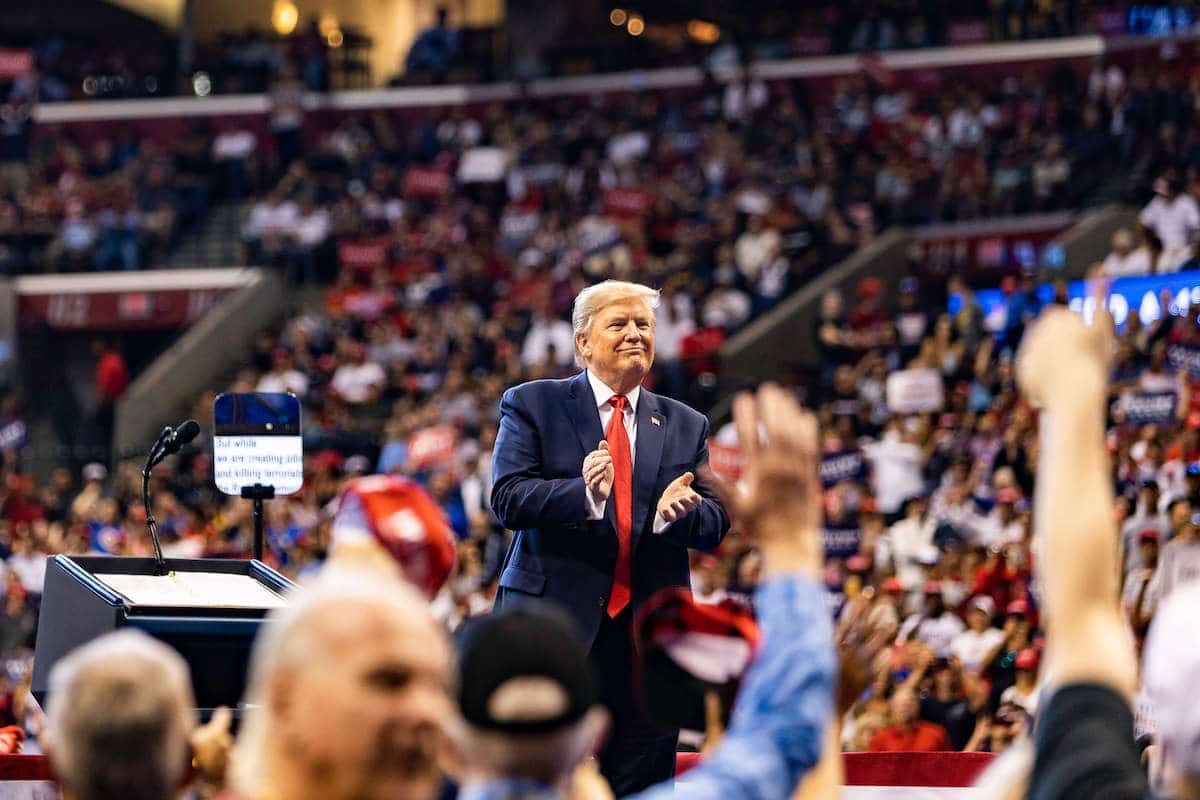
The two candidates in the U.S. presidential race have found quite a contentious issue that they are fueling with enthusiasm.
Last September, Joe Biden publicly voiced his support for the American union UAW in its conflict with the Big Three automakers Ford, Stellantis, and General Motors. The sitting President did not hesitate to join a strike line with a megaphone in hand to proclaim his love for the American automotive industry. Perfect fodder for Donald Trump, who responded immediately by accusing Joe Biden and his Democratic predecessors of being “arms-crossed when we became wealthy by accepting bribes that allowed other countries to violate and plunder our jobs and our wealth.” Trump certainly forgot that he opposed the 2009 government bailout of automakers, led by President Barack Obama and Vice President Biden, which is widely regarded as saving the American auto industry.
But Trump’s true enemy is the electric vehicle, while Biden continues to promote its development to restart the industrial machine. It is none other than a “hellish transition,” according to the former President.
The tension escalated further this week when Joe Biden vetoed a Republican measure aimed at blocking the deployment of electric vehicle charging stations on the grounds that they are made from imported iron and steel. President Biden wants to accelerate the country’s transition to electric vehicles, and charging stations are, of course, a key element of this transition, with $7.5 billion allocated for them.
Donald Trump’s response was swift, asserting that electric vehicles are unreliable, impractical, and mostly Chinese, since the Middle Kingdom dominates the supply chain. He argued that the large-scale government funding of charging infrastructure would harm American companies and allow foreign adversaries to control the energy infrastructure.
It was obvious that energy transition would be a sensitive issue in the presidential race, but it may ultimately become much more, as the candidates’ positions diverge significantly.
This page is translated from the original post "Trump et Biden s’écharpent sur l’électrique" in French.
We also suggestthese articles:
Also read
